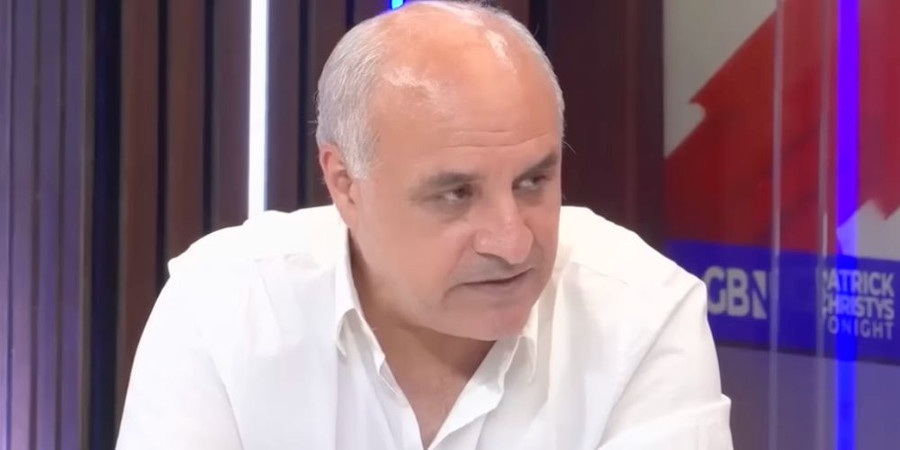On the Department of Commerce’s headquarters in Washington, D.C., an 1858 quote from Abraham Lincoln is inscribed in the marble exterior wall. The patent system, Lincoln said, “added the fuel of interest to the fire of genius.”
Over 150 years later, that combination of interest and genius has helped create the strongest economy in the history of the world.
The passage of time has also presented new challenges – and opportunities – that Lincoln could have never foreseen. Today’s cutting-edge companies face global competition, both from other companies, and other countries where tax rates are often lower.
One exciting proposal to help the U.S. economy maintain its dominance are “innovation boxes,” an effort to strategically reward technological breakthroughs with targeted tax incentives.
It works like this: a company’s income derived from intellectual property – patents, trademarks, copyrighted material, and so on – would be taxed at a reduced rate.
Like research and development incentives, innovation boxes reward companies for the precise type of work that improves all our lives, adding fuel to the fire of creative genius.
Numerous European countries have implemented similar systems, drawing innovative companies across their borders. The fear of the U.S. losing ground in the global ax war is partly why lawmakers are expressing their interest in the idea.
Experts say many foreign companies that are primarily based on intellectual property pay lower tax rates than U.S. companies, including, notably, those operating in the U.S. Thus the current tax landscape is increasingly tilted against American entrepreneurs.
And intellectual property – since it is inherently intangible, given that its value is an idea – is easy for companies to relocate, unlike say, a steel plant, exacerbating the U.S. losses to more competitively taxed nations.
Some liberal critics have expressed concern that the policy would result in reduced revenues for the federal government.
However, former House Ways and Means Chairman Dave Camp included a version of the proposal in his 2014 tax reform proposal, and it was scored by the Congressional Joint Committee on Taxation as actually increasing tax revenue by $115 billion over ten years as the lower rate would drive companies to keep their intellectual property in the U.S. rather than move it abroad.
What these left-wing critics miss is that keeping and drawing innovative companies to the U.S. more than pays for the reduction in tax rates on innovation, both as far as tax revenues and, more importantly, on the benefit to Americans in terms of jobs and new products.
Following a wave of interest in the proposal from both Republicans and Democrats, some critics have also stepped forward to argue that it’s difficult for companies to estimate the portion of their revenue that is derived from their intellectual property, which leads to challenges in assessing claimed deductions.
However, policymakers have a range of options for how to structure innovation boxes, and the experience of numerous other nations including the United Kingdom and the Netherlands to build on in crafting the U.S. policy.
Since the time of Lincoln, Americans have benefited from providing a financial incentive to the “fire of genius.” Innovation boxes are an excellent proposal to bring that same structure to the challenging international landscape of the present day.





